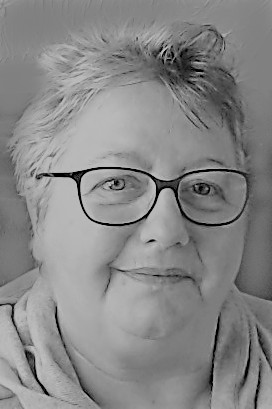World Trade Organisation
- A global economy needs managers of power and influence
- Some of these organisations include:
- World Trade Organisation (WTO)
- World Bank
- International Monetary Fund (IMF)
- United Nations (UN)
- Non-Governmental Organisations (NGOs)
- Transnational and Multi-National Corporations (TNC and MNC)
- Countries such as Japan, the European Union (EU), and the USA
- Two major inter-governmental organisations (IGOs) that lead the global economy in trade and foreign investment are the WTO and IMF
World Trade Organisation (WTO)
- It aims to reduce barriers and promote free trade between countries
- The WTO has been a driver of globalisation, with both positive and negative effects
- Powerful TNCs support the WTO for its positive impact on international economic growth
- Others see it as increasing the wealth gap and hurting local workers and communities
- Overall, the WTO has:
- Lowered trade barriers
- Increased trade among the member countries
- Lowered trade tariffs
Exam Tip
- Free trade and fair trade are not the same
- Free trade is where the profits are made by the company at the top of the chain after the product has been made and sold with workers being paid a fraction of the selling price
- Fair trade is where the workers are paid a fair price for their product or work in the first instance

